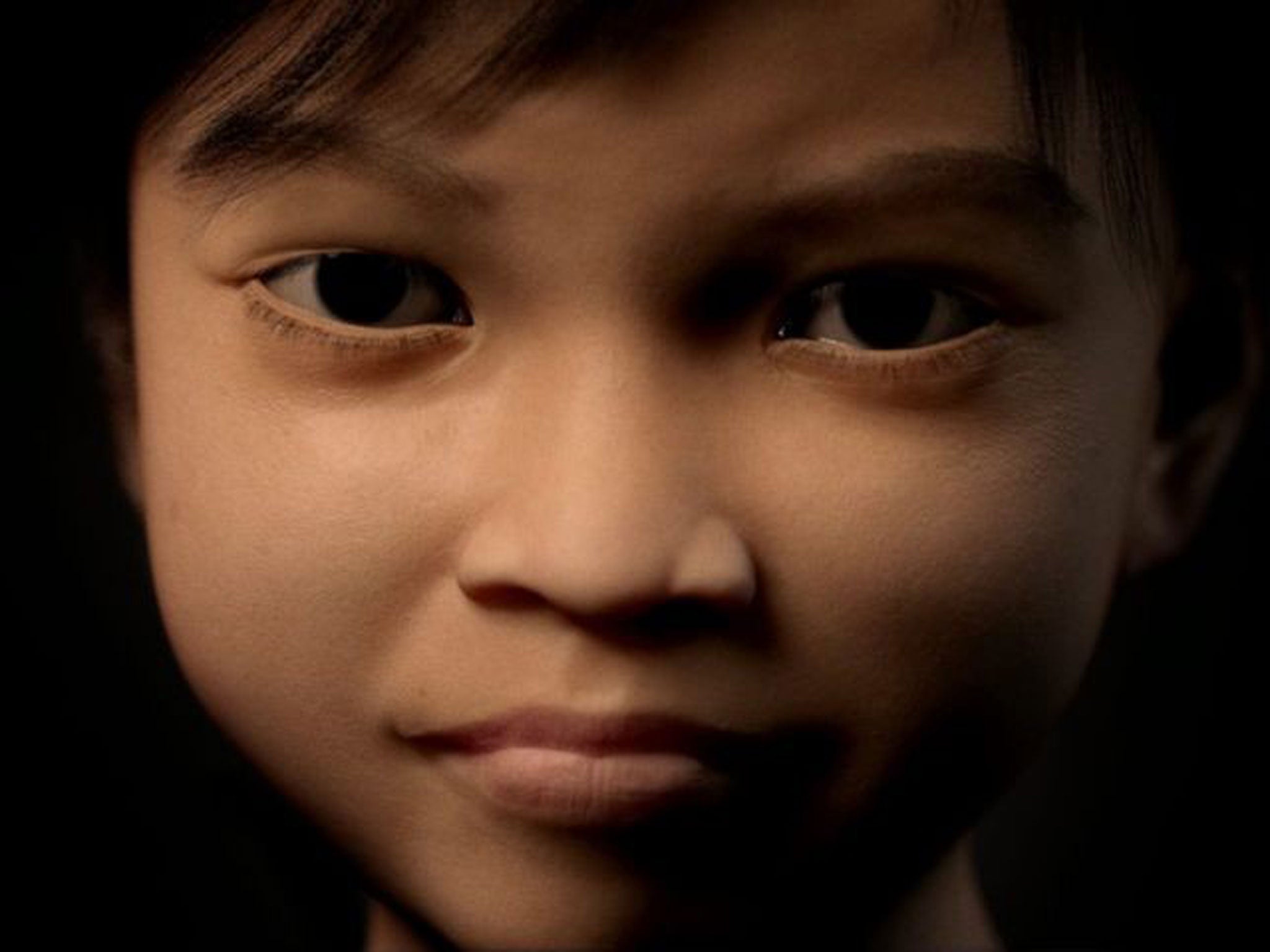Paedophile hunting and ‘Sweetie’: the case for luring potential criminals?
We need to think harder about how we target perpetrators

The very mention of the word paedophile serves as a warrant for the expression of moral outrage in the most twisted and unrestrained form.
It incites neighbours to turn into a lynch mob that feels empowered to mete out the most barbaric forms of punishment. Last week we heard of the brutal murder of a totally innocent man by members of his community. Bijan Ebrahimi was not merely killed, but in a gesture reminiscent of medieval witch-hunts, his body was burned. Now we hear that a Dutch Charity, Terre des Hommes, has created a computer generated image of a 10 year old girl called Sweetie, as bait to encourage paedophiles to get visit a her ‘chatroom’.
I take a look at the picture of this allegedly 10 year-old Filipina girl and I ask myself ‘who is more sick, the promoters of this initiative or the men they stimulate to enter their fantasy world’? I ask myself, ‘what possesses them to look at the world from the perspective of a child predator’? Others praise this form of vigilante action as a form of heroic behaviour. One journalist praised them on the grounds that ‘more than 20,000 perverts were lured out when an anti-abuse group created a computer-generated ten-year-old Filipina girl called Sweetie to visit chatrooms’.
The director of this crusade, Hans Guyt, has argued for a more robust campaign to nail the perverts. ‘If we don’t intervene soon, this sinister phenomenon will totally run out of control’ he stated. But of course, what is totally out of control is Western society’s compulsive fascination with the threat of paedophilia. Is it not enough that there are actually some predators that have actually committed a real crime? In any other domain of social experience incitement to an act that is considered to be a crime would be itself considered a criminal offence. But apparently not if it flushes out the would-be-paedophile.
It is worth pointing out to Guyt and his fellow witch-hunters that it is far from evident what they have achieved by luring 20,000 ‘perverts’ into their chat room. At the most it indicates that amongst the hundreds of millions of internet users, there is a small group of sick, screwed up and potentially predatory individuals. That is of course bad news. But what is even more disturbing is that their behaviour has encouraged others to pretend to be like them. Imitation is the sincerest form of flattery and I wonder if some of these paedo-hunters retain the capacity to distinguish between fact and fantasy. Guyt and his colleagues believe that it is okay to pretend what they are not on the internet. Has it occurred to them that their audience might be complicit in playing the same game?
Internet sting operations such as this are likely to court injustices that can lead to tragedies. Recently a man committed suicide after a British based group of vigilantes accused him of being a paedophile and grooming a child on the internet. The online group Letzgo Hunting believes that it is providing a public service. Tragically what it does is to feed its own moral confusions.
Join our commenting forum
Join thought-provoking conversations, follow other Independent readers and see their replies
Comments
Bookmark popover
Removed from bookmarks